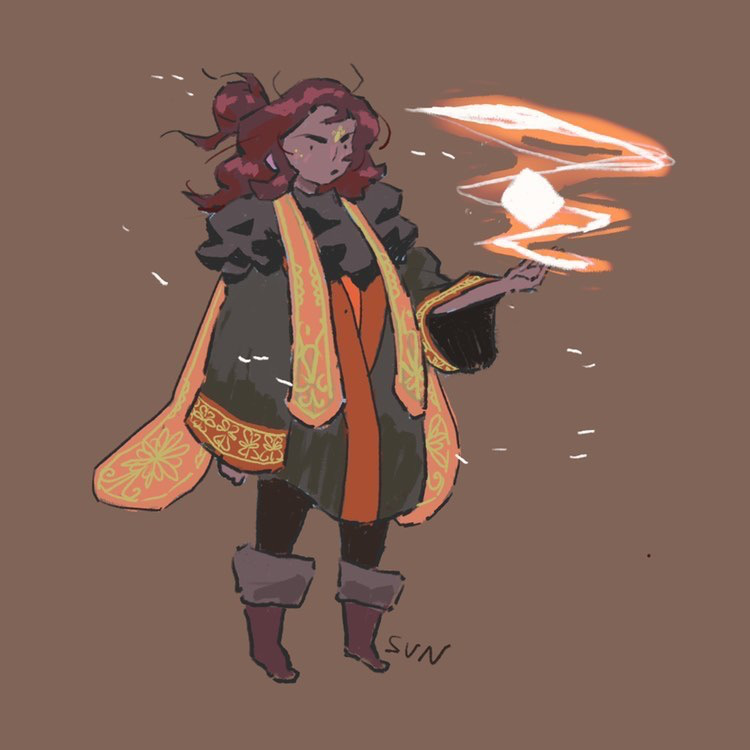Ruwahtha Yed
Remembering the Deceased
Origins
Historians have long speculated about the rituals from which this tradition derived. The oldest written records which make mention of Ruwahtha Yed speak of them as an already well established celebration, meaning it very likely predates the invention of written Danakaïn. However, through careful study of historical texts, historians have managed to establish a more or less consistent evolution of the ritual.Most academics and researchers agree that when the celebration first started, the feast was eaten by one single person. Ancient religious texts make mention of "sin-eaters", people who would take on the sins of the dead for themselves to save them from being devoured by Almayot.
"I swear on my honour before Argus himself, if you try to tell me again about your "the sin-eaters were criminals who were executed after the feast" theory one more time I will make sure you work as a desk clerk in the Rising Tower for the rest of your career!"
Regardless of what place and role the sin-eaters occupied at the time, the celebration has considerably evolved across time. By the time the Danatelian Lands were unified by the great Dargan of the Roaring Waves, Ruwahtha Yed were village wide events. Families would come and pool together their ressources, in order to have a trully grandiose celebrations of lost loved ones. In larger towns, the celebrations could even last more than a day, reaching 8 days long in the biggest city of the country.








Such a lovely tradition with a neat history. I am not sure what I liked most if the fact that they try to group similar types of food, but often fail, or that the best chefs show off their skills for free to the general folk. Really cool stuff!
Thank you for the nice comment! I'm glad you enjoyed these details :)